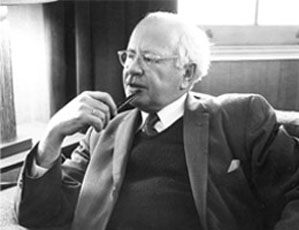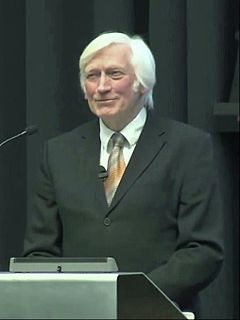A Quote by William L. Shirer
The Nazi regime intended eventually to destroy Christianity in Germany, if it could, and substitute the old paganism of the early Germanic gods and the new paganism of the Nazi extremists.
Quote Topics
Related Quotes
Paganism is that view of life which finds the highest goal of human existence in the healthy and harmonious and joyous development of existing human faculties. Very different is the Christian ideal. Paganism is optimistic with regard to unaided human nature, whereas Christianity is the religion of the broken heart.
The Anglo-Saxon hive have extirpated Paganism from the greater part of the North American continent; but with it they have likewise extirpated the greater portion of the Red race. Civilization is gradually sweeping from the earth the lingering vestiges of Paganism, and at the same time the shrinking forms of its unhappy worshippers.
You don't need any courage today in Germany to make a movie about the Nazi time. You get all the subsidies, you get the TV stations, you get the good reviews. But you need courage to kick in the balls all the people that are still hiding under the blanket, and to say, "Oh, Adolf Hitler was maybe not so bad." And with my little Nazi jokes in Postal, I offended the Germans in a harsh time.
It is sometimes suggested that the [Nazi economic] recovery was a product of a specific fascist economic strategy, which distinguished it from the recovery efforts of other capitalist states. While few would disagree that the Nazi regime had a number of clear ideological preferences when it came to the economy, the policies pursued in 1933 had much in common with those adopted in other countries, and with the policies of the pre-Hitler governments.
































